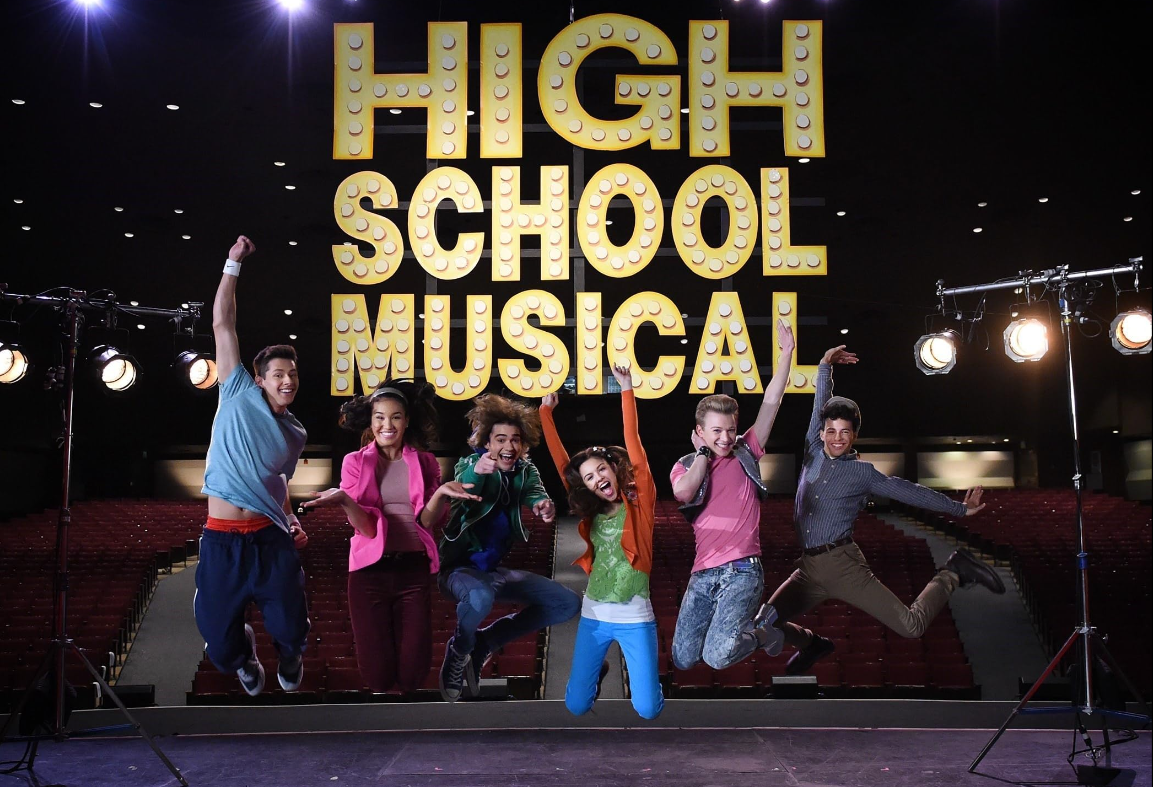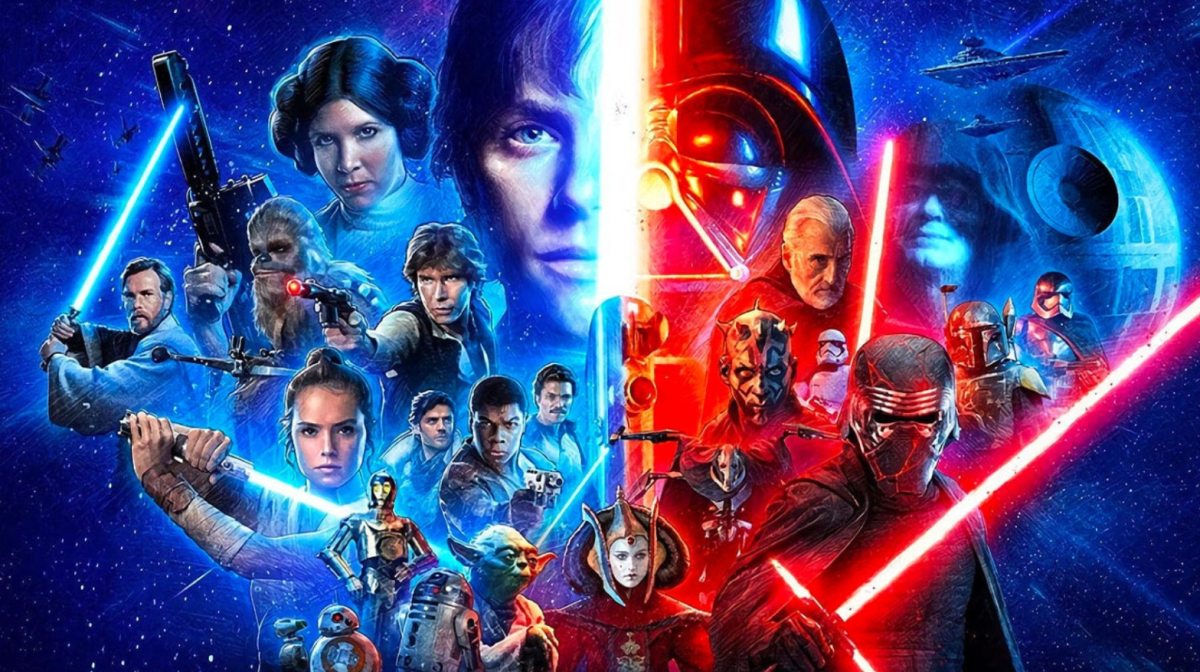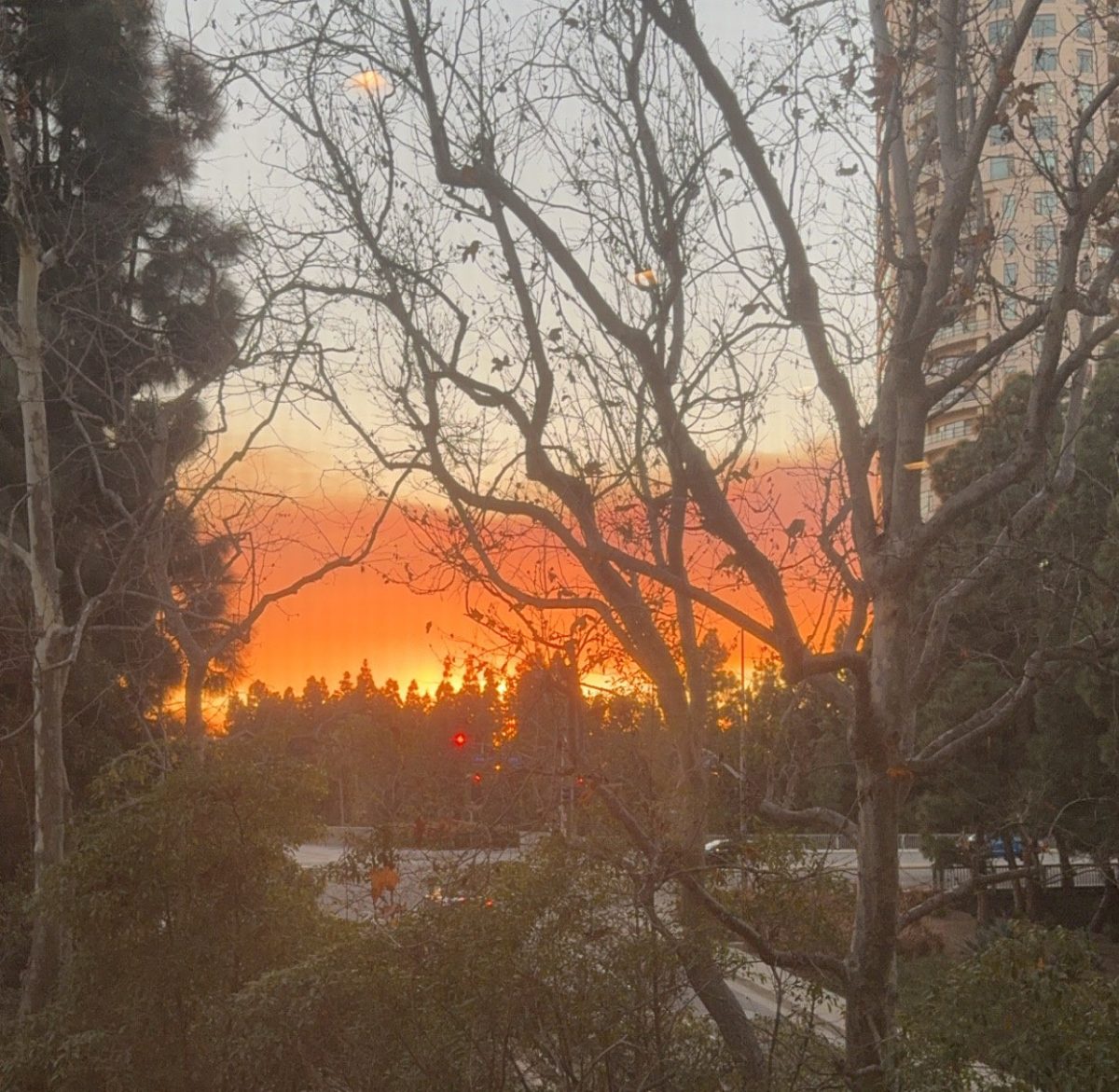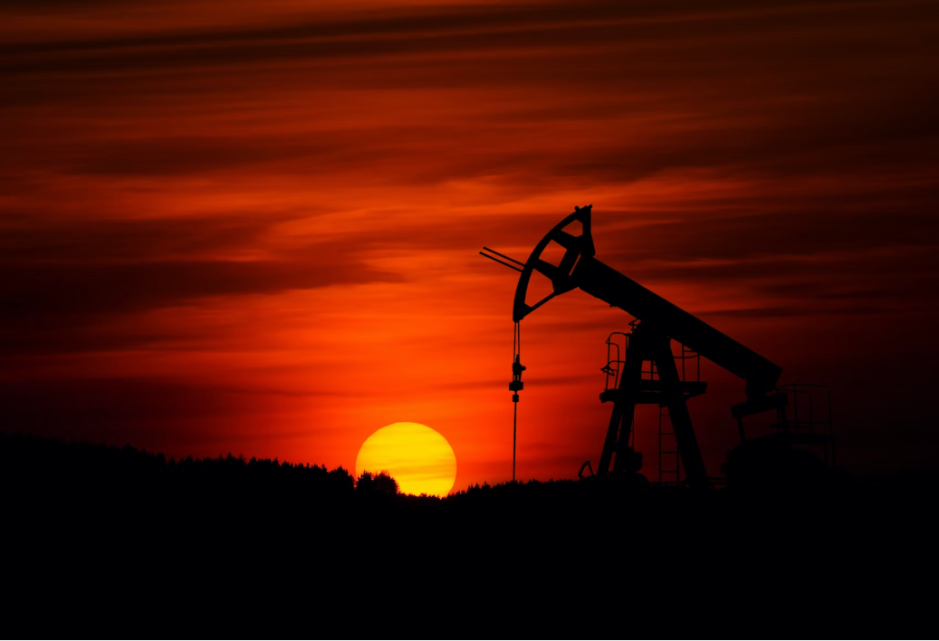A Timeline of Events and Key Takeaways
Jessica Mann (center), one of women who testified against Weinstein, leaving a Manhattan courtroom after Weinstein’s sentencing.
(GW CHRONICLE) — Harvey Weinstein. This name–his name–could be seen on the credits of almost every major motion picture at one point in time, establishing his power and control that he had over Hollywood and the entertainment industry. However, many failed to realize that as his name flashed across screens everywhere, it also elicited fear and anger from the many women whom he objectified, harassed, manipulated, and assaulted.
What was once a “hush-hush” topic, is now a major conversation in all industries and social spheres. In order to fully understand this fight, one has to understand what sexual assault is. The term sexual assault refers to sexual contact or behavior that occurs without explicit consent of the victim. Some forms of sexual assault include: attempted rape, fondling or unwanted sexual touching, forcing a victim to perform sexual acts, and penetration of the victim’s body (rape). When such topics come up, many people tend to become embarrassed or want to avoid the conversation because it makes them uncomfortable or because it’s not what society has deemed an appropriate conversation topic. However, this topic and conversation need to be addressed to help fight against it. Both men and women can be either assailents or victims, something most people tend to forget. Furthermore, sexual assault is not just a “Hollywood thing,” as it occurs both in and out of the workplace across the globe.
Of the many stories and accounts from Weinstein’s victims, there exists one constant pattern. Many describe a pattern of professional meetings with Weinstein, a guise utilized by Weinstein to engage in sexual advances on the young actresses and models he met with. He would draw them in with the promise of helping their careers. Many of the women who had encounters with Weinstein were frightened of retaliation. His power in Hollywood meant that he could end the career of any young, aspiring woman hoping to make it big in Hollywood before it even started. According to The New Yorker, multiple sources said that Weinstein frequently bragged about planting items in media outlets about those who spoke against him. According to many former employees, his conduct was typically written off as just another form of toxicity. Many of the people within his “inner circle,” appeared to simply turn a blind eye to Weinstein’s actions or dismiss them as a man being a man. This occurred partly due to the power and prestige that came with the Weinstein name and partly due to the climate of the time as sexual harassment was scarcely talked about in the early 2000s. Take Woody Allen for example: Despite molestation allegations that arose in the 1990s, actors have only recently–within the last 5 to 10 years–begun to refrain from working with him or have spoken out. People tended to shy away from the sexual misconduct conversation in Hollywood when it involved a powerful name. However, these factors don’t excuse or justify his actions nor the silence of those who knew about what was happening behind the scenes. The only silence that is justifiable and in the right, is the initial silence that came from his many victims.
Accusations of Weinstein’s sexual misconduct floated around Hollywood long before he was put on trial, existing only as a hushed murmur that lurked in the darkness before coming to light. Below lies a carefully researched and condensed timeline of the events in the Harvey Weinstein scandal as it unfolded leading up to the 2020 trial.
March 27, 2015
- Ambra Battilana, an Italian model, tells the police of how Weinstein of inappropriately groped her. After a two week investigation into the sex crime, the Manhattan district attorney announced that the evidence did not support charging Weinstein.
October, 2017: Allegations come to light
- The New York Times publishes an investigation detailing the accounts of several women who claimed that Weinstein harassed them. These women include: Ashley Judd, Emily Nestor, Lauren O’Connor, Laura Madden, Rose McGowan, and other unnamed women.
- The New Yorker publishes its own investigations in which it lists the names of more women whom Weinstein harassed. These women include: Asia
Argento, Lucia Evans, Mira Sorvino, Emma de Caunes, and Rosanna Arquette.
March-April, 2018: Review of Battilana Case and Opening of Investigation
May 25, 2018: Harvey Weinstein is Arrested
- Weinstein was charged with rape and criminal sexual act.
- The rape charge stemmed from an alleged assault on Jessica Mann who was an aspiring actress
- The criminal sexual act charge came from Lucia Evans who told investigators that Weinstein forced oral sex during a casting meeting
July, 2018: Prosecutors add more charges
- These charges were related to accusations of forced oral sex at Weinstein’s aparment in 2006 on Miriam Haley, a former production assistant on “Project Runway.”
- Of the new charges was predatory sexual assault which requires prosecutors to prove that a defendant committed sexual felonies against more than one person and carries a maximum penalty of life sentence to prison.
October, 2018: The judge throws out a charge
- The judge dismissed the forcible oral sex charge involving Ms. Evans due to the failure of a detective on the case to inform them of a witness who had cast doubt on Ms. Evan’s account
January-July, 2019
- Weinstein changes lawyers causing a delay in January
- By July, Weinstein had settled on a legal team
August, 2019: Ms. Sciorra was added to the case
- Ms. Sciorra’s alleged encounter with Weinstein occurred to long ago to be charged as a separate count of rape under New York law, however her account permitted her to testify given that it could support charges of predatory sexual assault.
January 6, 2020: Weinstein indicted in Los Angeles and Trial begins
Of the many women whom Weinstein assaulted, six testified in court: Anabelle Sciorra, Miriam Haley, Jessica Mann, Dawn Dunning, and Tarale Wulff. They stood before the jury and their attacker and bravely shared their stories. They stood before the jury and their attacker and recanted their abuse, forced to relive the moment. However, this time their screams would be heard. This time, their stories and their emotions would be heard and listened to. On February 24 of 2020, the jury–consisting of 7 men and 5 women–found Weinstein guilty of first-degree criminal sexual act and third degree rape. On March 11 of 2020, Weinstein was sentenced to 23 years in jail. While many consider this a win for the victims, one cannot help but feel unsatisfied with the final verdict. Although found guilty of two charges, the jury acquitted him of the two most important charges: two counts of predatory sexual assault. These two charges would have led to a life sentence in prison for Weinstein, an ending that his victims had hoped and prayed for. Dawn Dunning, who served as one of the witnesses in the trial, says that she feels like “it was a victory, but not a complete victory.” Dunning’s statement is just one among many that convey the complexity of this trial and the final verdict as it has elicited mixed feelings and a wide array of opinions. If anything, Weinstein’s case demonstrates the challenges that come with prosecuting sexual assault, especially when the defendent was one of the most powerful men in Hollywood.
This case will remain an important one for sexual assault survivors everywhere as it serves justice. Weinstein’s case was the spark that lit the flame of the #MeToo movement which calls upon sexual assault survivors to stand up and shares their stories. Weinstein is the first high-profile man to be ousted from a position of power during the movement and then criminally prosecuted, and he will not be the last. The massive response to this movement highlighted a prevalent and long-existing problem and ignited a social reckoning that began to change the way the workplace handles sexual harassment. Furthermore, it has ignited a widespread conversation and discussion about sexual harassment in which more people are addressing the problem. The voices of the women Weinstein abused set off the spark and helped drive this movement forward as they inspired other victims to do the same. However, the Weinstein chapter nor the problem of sexual assault have come to an end. The victims of Weinstein will forever be changed and will always carry that moment with them. Twenty-three years in jail will never amount to the life-long impact Weinstein’s actions had on these women’s lives. Furthermore, Weinstein is just one of many people who have committed sexual misconduct and by no means is representative of every sexual assault case. As mentioned earlier, all genders have and can commit sexual misconduct and all genders have and can be victims of sexual misconduct. There are still many battles that need to be fought, voices to be heard, and assailants that need to be brought to justice. The fight against sexual assault and harassment doesn’t end with Weinstein, but rather it starts with Weinstein and will continue so long as this problem persists.
Amber Anderson, Lysette Anthony, Asia Argento, Rosanna Arquette, Jessica Barth, Ambra Battilana Gutierrez, Kate Beckinsale, Juls Bindi, Zoe Brock, Cynthia Burr, Liza Campbell, Marisa Coughlan, Hope Exiner d’Amore, Florence Darel, Emma de Caunes, Juliana de Paula, Cara Delevigne, Sophie Dix, Lacey Dorn, Dawn Dunning, Lisa Esco, Alica Evans, Lucia Evans, Angie Everhart, Claire Forlani, Romola Garai, Louisette Geis, Louise Godbold, Judith Godreche, Trish Goff, Heather Graham, Eva Green, Larissa Gomes, Mimi Haleyi, Daryl Hannah, Salma Hayek, Lena Headey, Natasha Henstridge, Lauren Holly, Paz de la Huerta, Dominique Huett, Angelina Jolie, Ashley Judd, Katherine Kendall, Minka Kelly, Heather Kerr, Mia Kirshner, Myleene Klass, Liz Kouri, Ivana Lowell, Laura Madden, Natassia Malthe, Brit Marling, Sarah Anne Masse, Ashley Matthau, Rose McGowan, Katya Mtsitouridze, Emily Nestor, Connie Nielson, Kadian Noble, Lupita Nyong’o, Gwenyth Paltrow, Samantha Panagrosso, Zelda Perkins, Vu Thu Phuong, Tomi-Ann Roberts, Lisa Rose, Erika Rosenbaum, Melissa Sagemiller, Annabella Sciorra, Léa Seydoux, Lauren Sivan, Chelsea Skidmore, Mira Sorvino, Tara Subkoff, Paula Wachowiak, Paula Williams, Sean Young, Caitlin Dulany, Melissa Thompson, and anonymous women. These are the women Harvey Weinstein sexually harassed and assaulted. These are the women who have told their stories to the world and they deserve to be remembered for the bravery, power, and determination to fight for justice.






